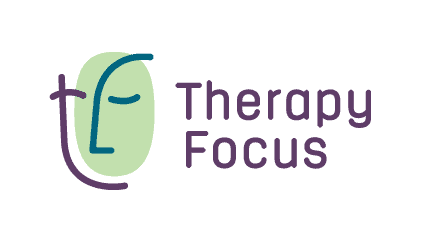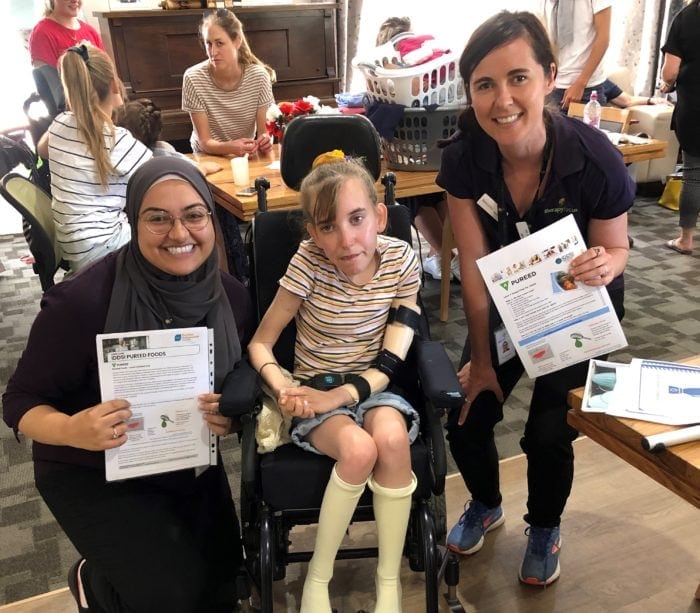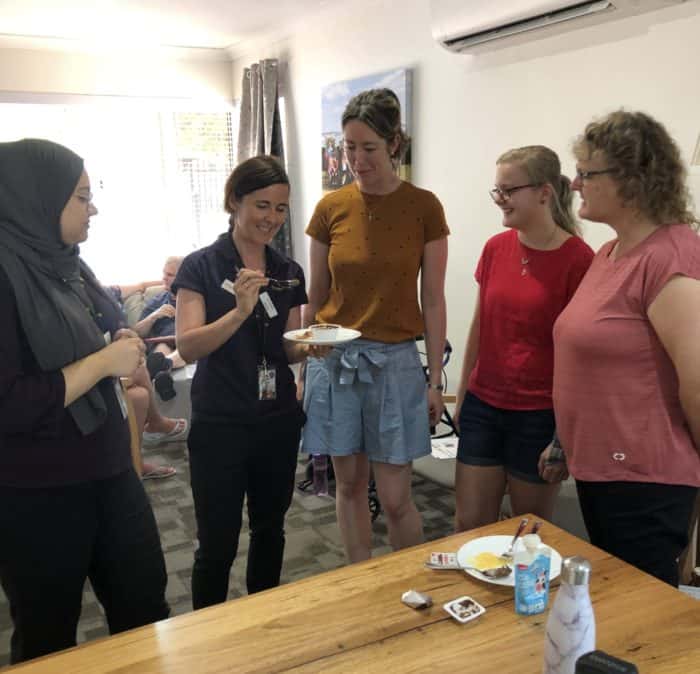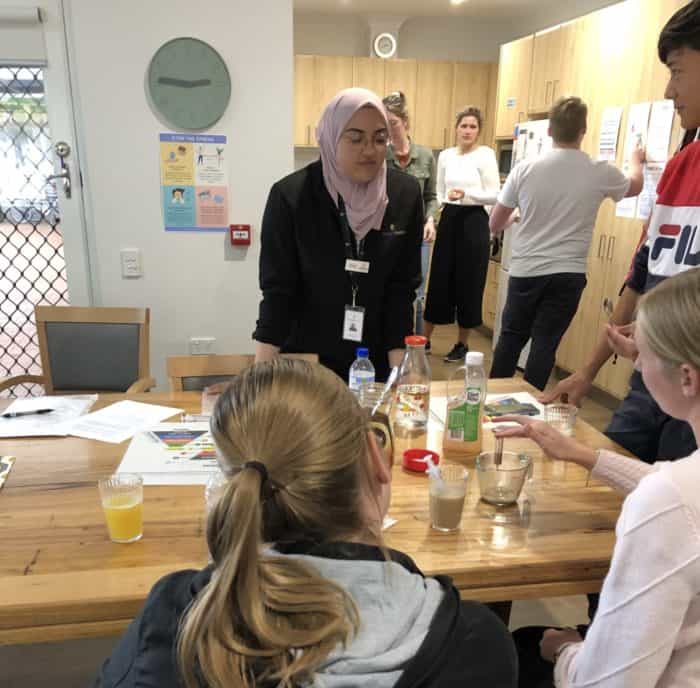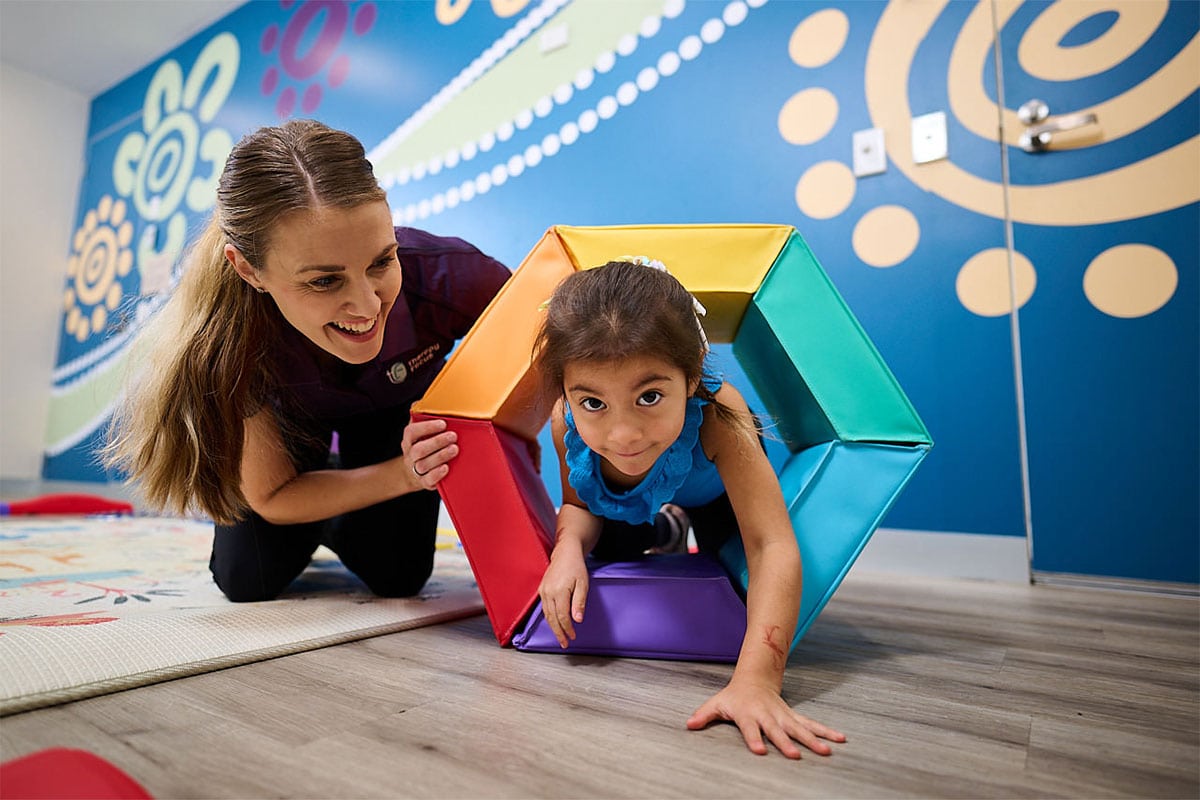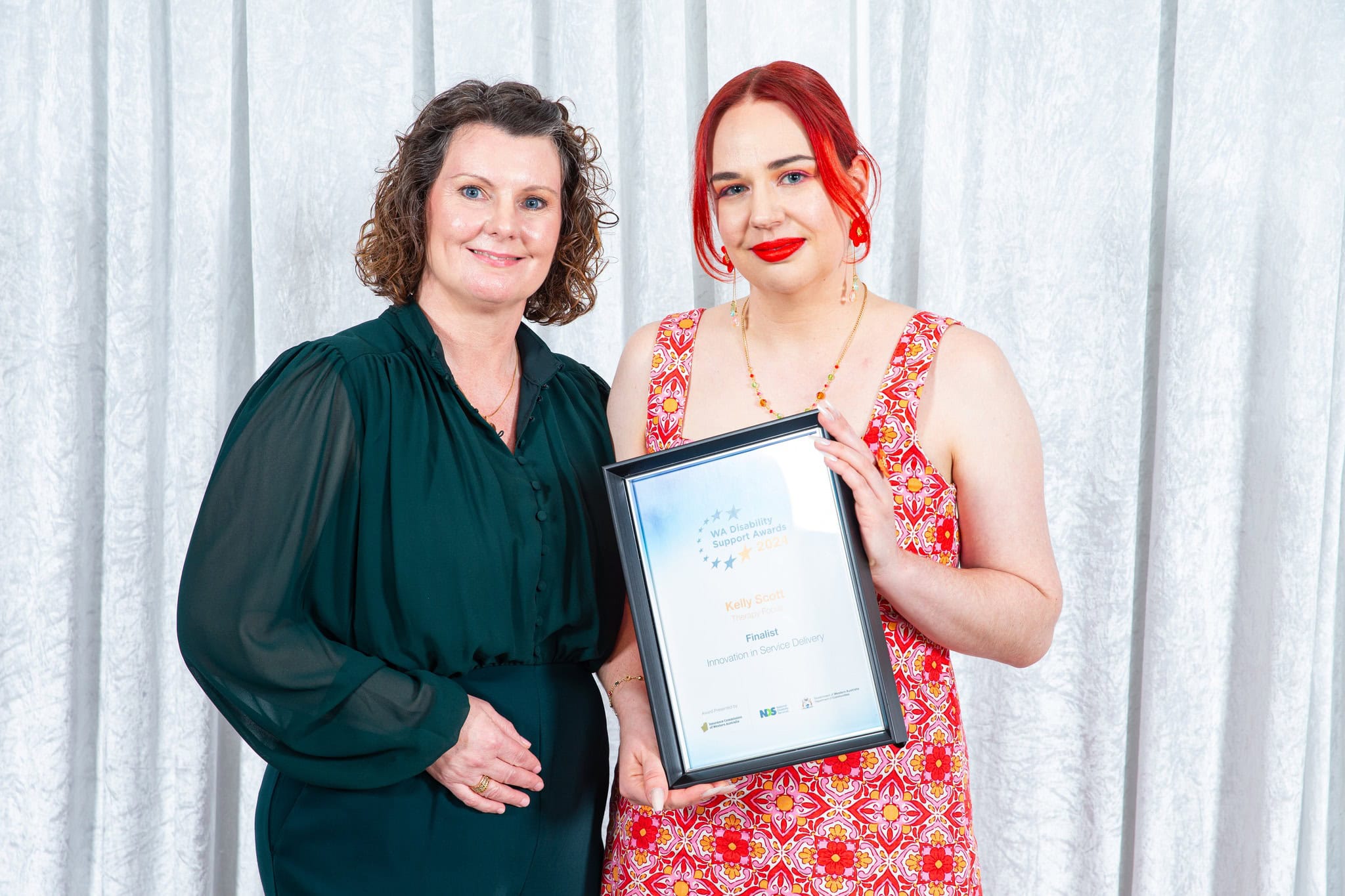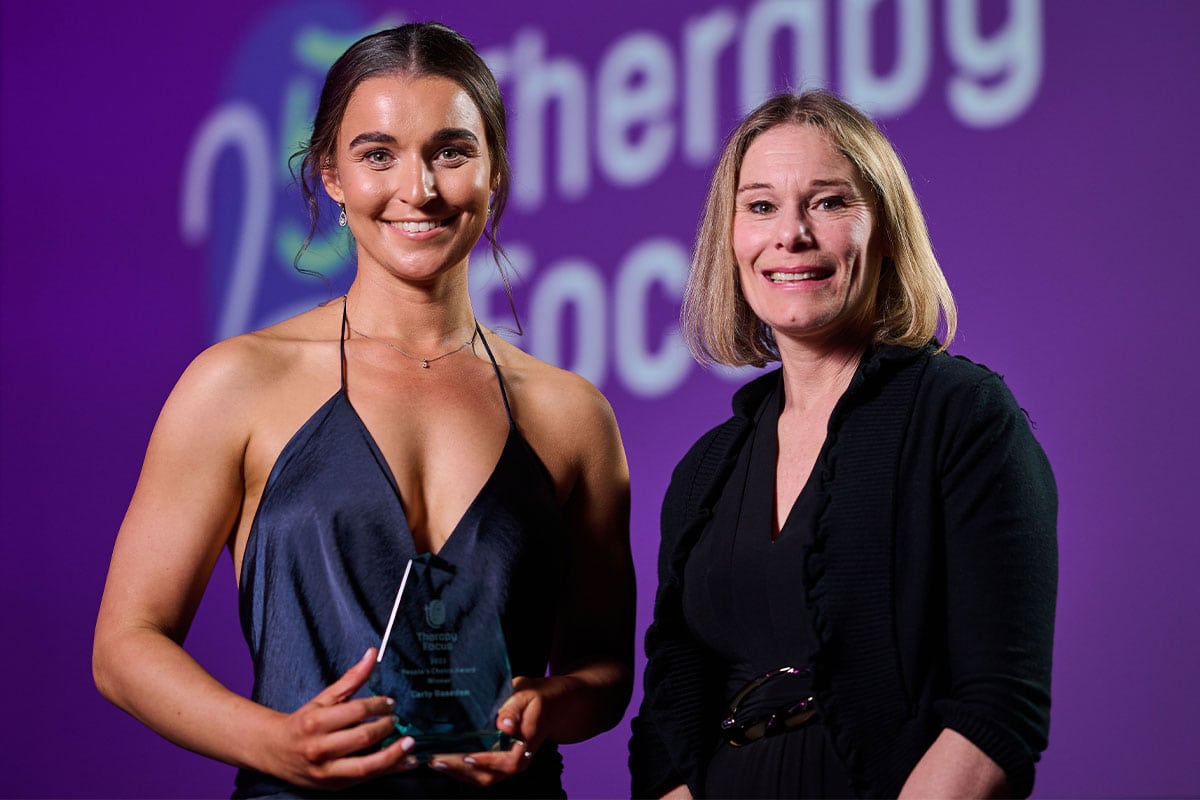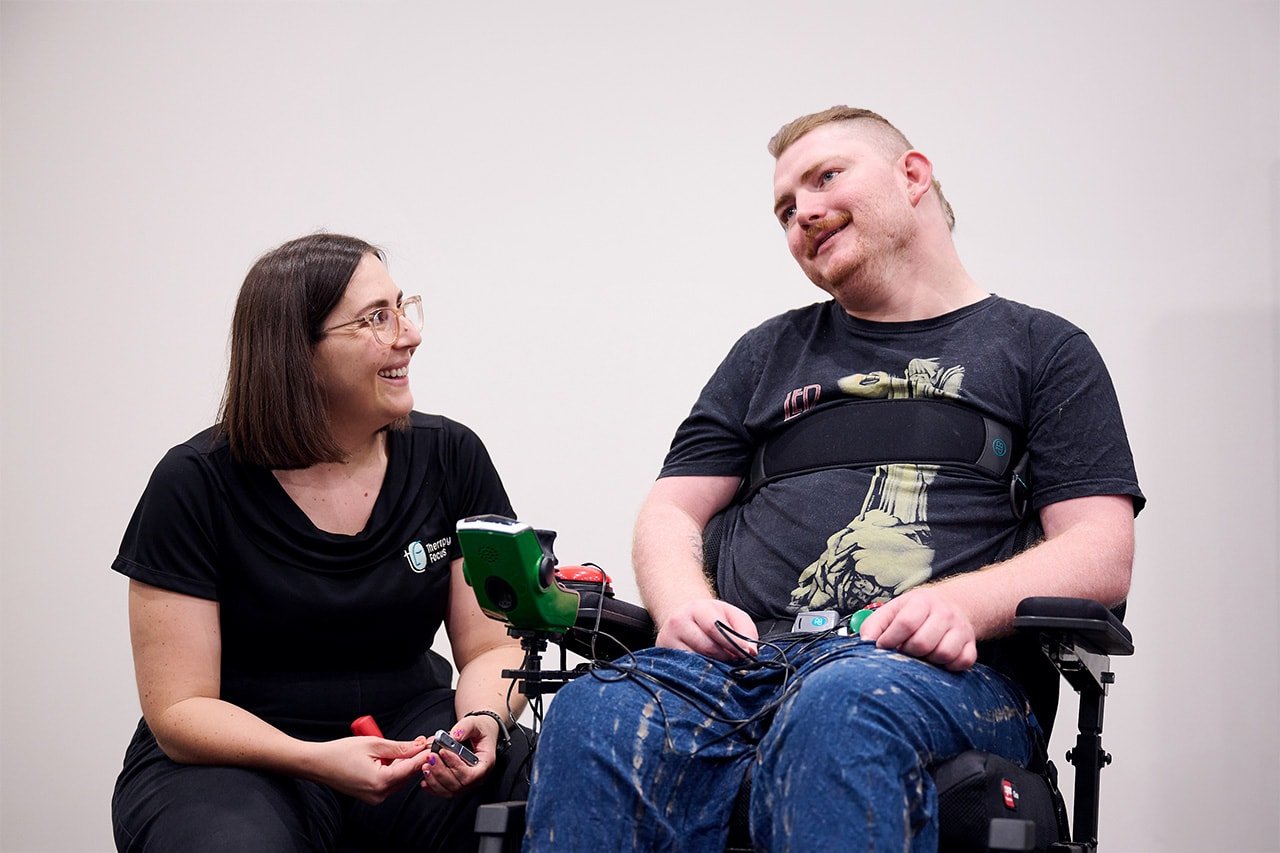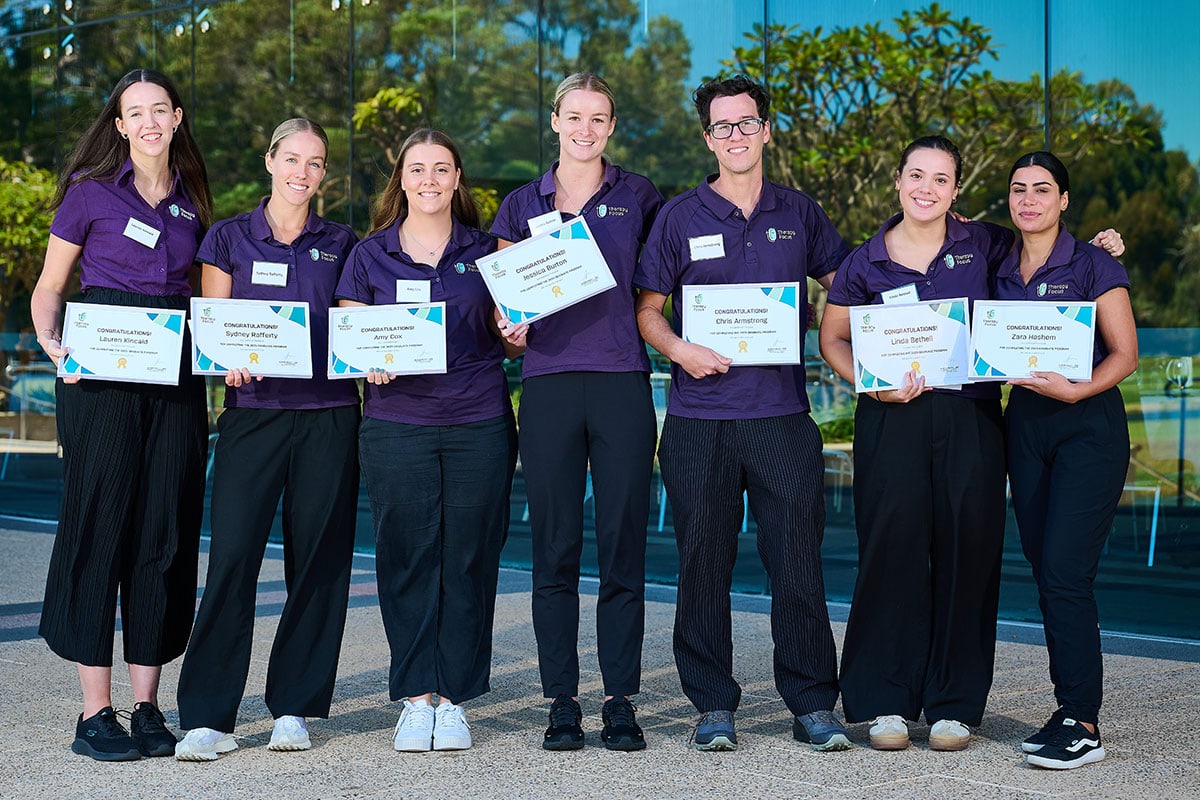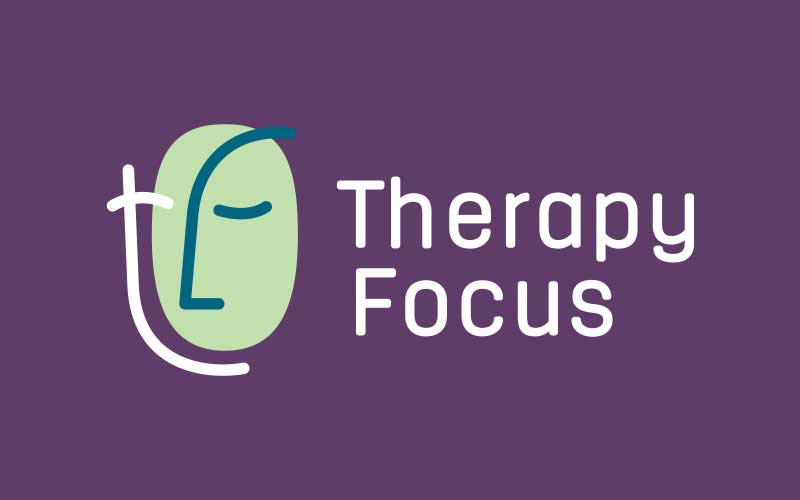Training supports mealtime enjoyment
Mealtime and dysphagia training for staff at Armadale care facility, Eucalypt Home, has helped make mealtimes safer and more enjoyable for residents like 27-year-old Leana.
Leana has a rare neurological condition called Rett Syndrome and dysphagia, a broad medical term used to describe difficulty swallowing. Due to her mealtime challenges, Leana is on a modified diet that accommodates her tolerance of pureed and thickened foods.
While Leana is able to eat a small amount of food, she is usually fed through a percutaneous endoscopic gastrostomy (PEG) tube, which passes food directly into her stomach. Leana’s Mum Jane said that while Leana gets most of her nutrition through PEG feeding, she wanted her daughter to enjoy tasting food.
Pictured: Speech Pathologist Zahraa Syed (left), Leana (centre) and Dietitian Kim Dutowski (right).Leana’s mother, Jane, said, “although she gets her nutrition through her PEG, she also enjoys tasting food, and we want her to do more of this”.
To help Leana get the most out of mealtimes, Therapy Focus Speech Pathologist Zahraa Syed and Dietitian Kim Dutowski worked with Leana, Jane and the staff at Eucalypt Home to improve mealtime experience whilst ensuring Leana’s nutritional needs are met.
“We provided training to the team at Eucalypt Home in the use of a framework developed by the International Dysphagia Diet Standardisation Initiative (IDDSI), which describes food textures and drink thicknesses,” Zahraa said.
“We gave recommendations for pureed foods that provide a good source of nutrition and upskilled the team on the use of fluid thickeners to ensure liquids like juice, milk, and soup are the correct consistency for Leana.”
“We noticed that before these recommendations were put in place, Leana was fed food that was too thick, and she was consuming too much of it. This would result in Leana becoming hot, sweaty and sometimes teary during mealtimes.”
The Eucalypt Home staff are now closely monitoring Leana’s diet and testing her meals to ensure they are safe for her to eat. The training has been beneficial for the Eucalypt Home team and Leana, who is now more engaged at mealtimes.
“The change in Leana was instant. Now she looks forward to her mealtimes. She is no longer getting hot and sweaty, and because she can now engage with us, her family, at mealtimes.” Jane said.
Need support from a dietitian?
Our dietitians help manage and prevent poor nutrition by supporting people’s dietary needs.
